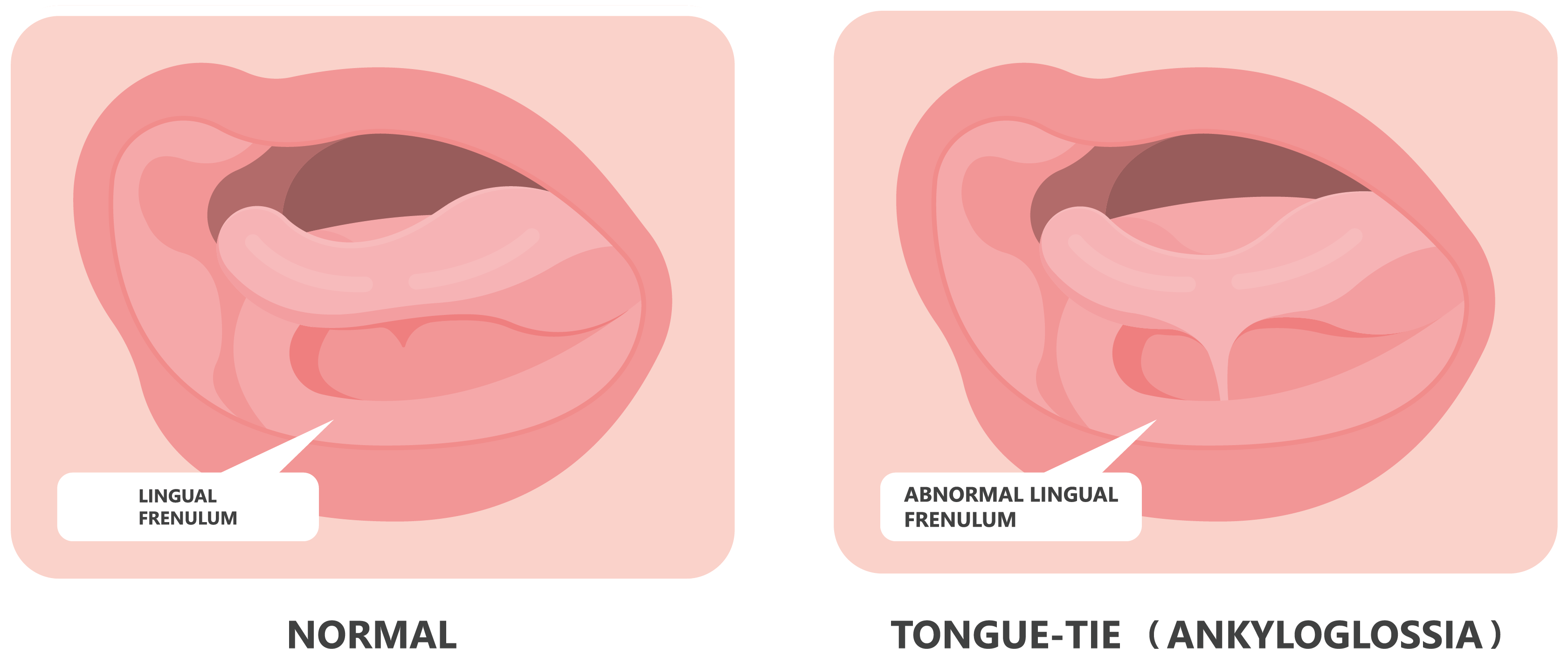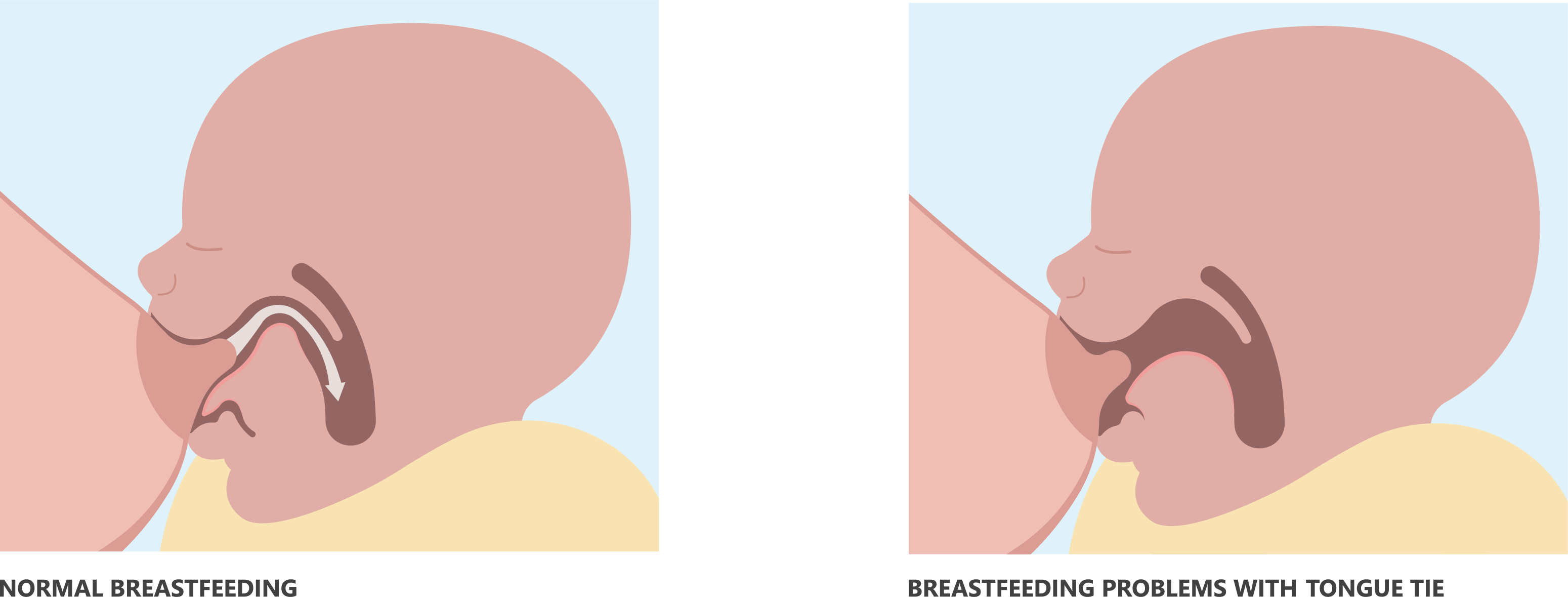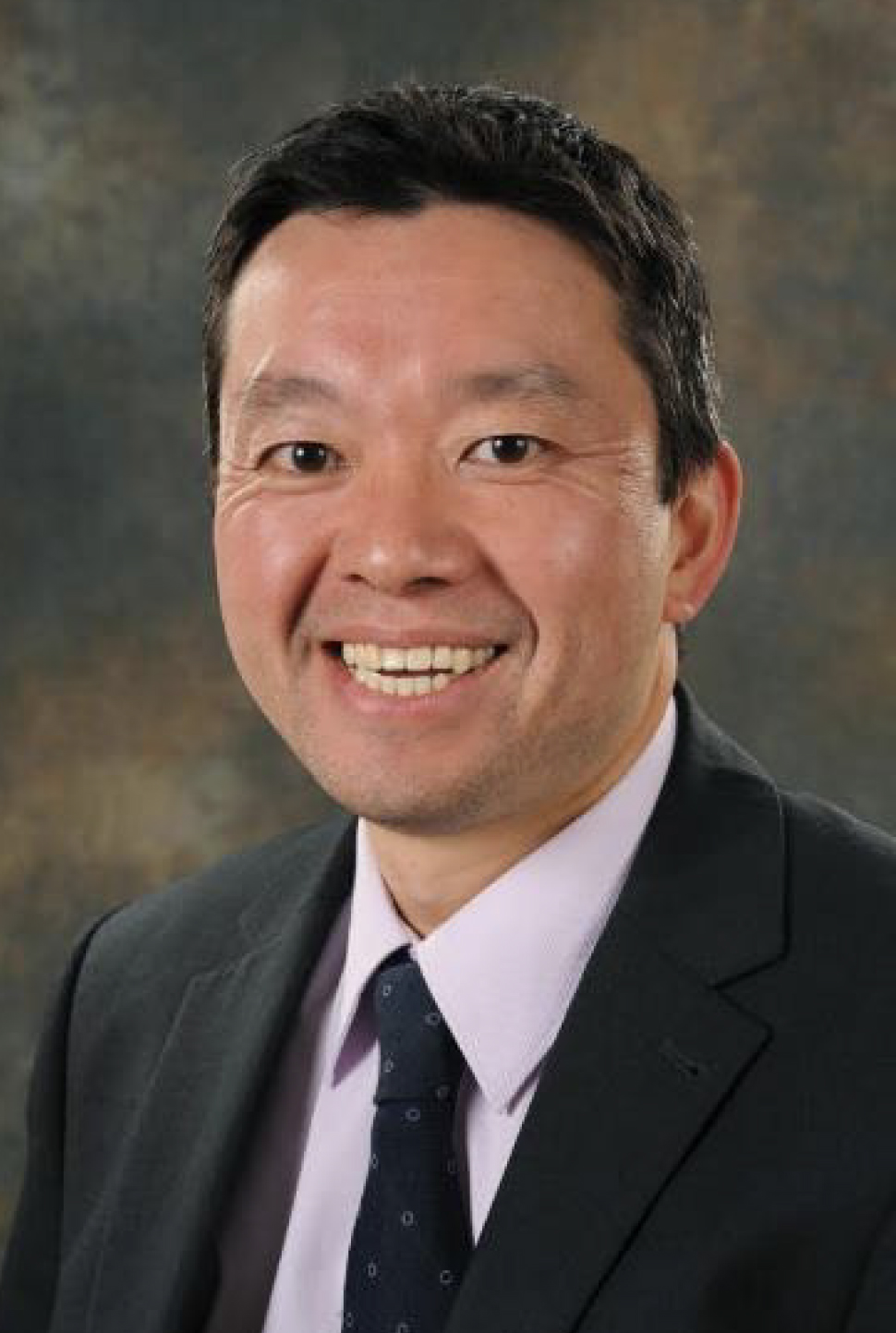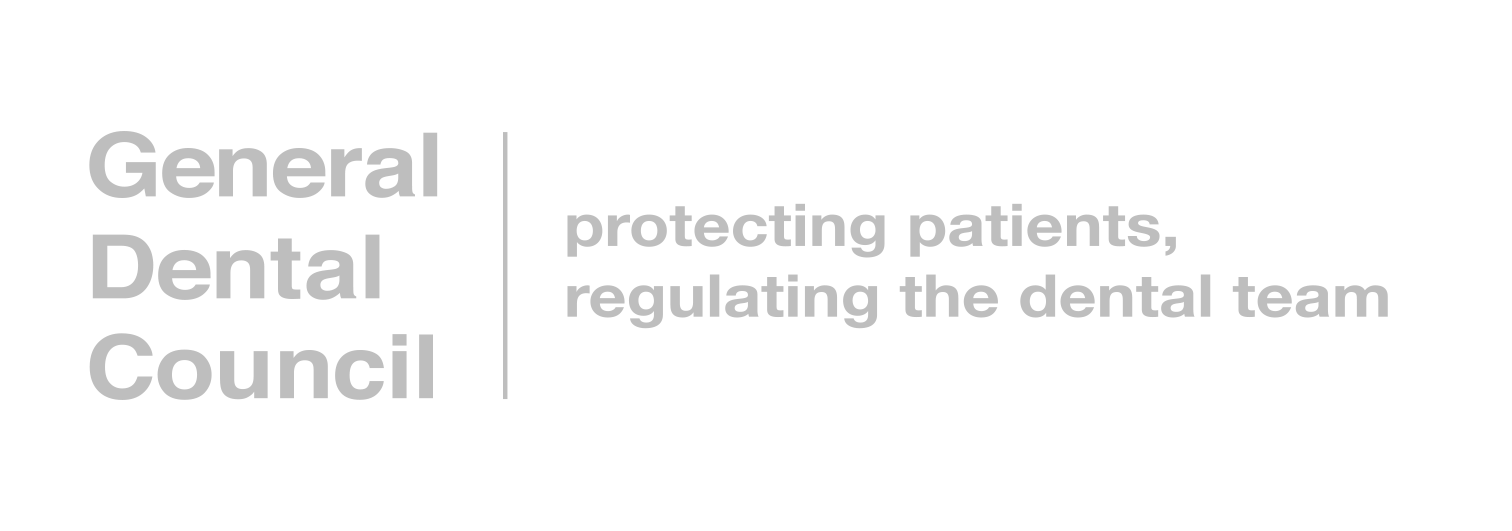Tongue Tie
Due to Increased waiting times In local NHS hospitals Colne Dental Care are delighted to be able to offer a fast solution on a private basis.
Allowing nursing mothers to access the treatment needed to allow baby’s efficient natural feeding.
Tongue Tie (Ankyloglossia)
Tongue tie (ankyloglossia) is where the strip of skin connecting the babies tongue to the bottom of their mouth is much shorter than usual.
Some babies who have tongue tie do not seem to be bothered by it , in others however it can restrict the tongues movement, making it harder to breastfeed.
Tongue tie is can be diagnosed during a babys newborn physical examination but it can sometimes be very difficult to spot, so much so that it may not be obvious until baby has problems feeding.
Successful breastfeeding requires baby to latch on to both the breast and the nipple, their tongue must cover the lower gum to protect the nipple, in some cases babies are unable to open their mouth wide enough to latch on to the breast properly due to tongue tie.
Breastfeeding babies with tongue tie may:
- have difficulty attaching to the breast or staying attached for a full feed
- feed for a long time, have a short break, then feed again
- be unsettled and seem to be hungry all the time
- not gain weight as quickly as they should
- A “clicking” sound as they feed however this can also be a sign you need additional support with positioning and attachment of your baby
Tongue-tie in babies can also lead to problems for breastfeeding mums:
- Sore or cracked nipples
- Low milk supply
- Mastitis
Other symptoms baby may be suffering from tongue tie include:
- Difficulty lifting their tongue up or moving it from side to side
- Difficulty sticking their tongue out
- Tongue looks heart-shaped when they stick it out

Treating tongue-tie
Treatment for tongue tie is not always required if your baby is feeding successfully however dental practitioners can provide further advise on this. If treatment for tongue tie is required a tongue tie division may be needed.
Tongue-tie division
Tongue-tie division involves cutting the short, tight piece of skin connecting the underside of the tongue to the bottom of the mouth.
It’s a quick, simple and almost painless procedure that usually improves feeding straight away.
The procedure
Tongue-tie division is done by doctors, dentists or oral surgeons.
In very young babies who are less than a few months old the procedure can normally be conducted without anaesthetic, or if required with local anaesthetic, the procedure does not seem to hurt very young babies because there are very few nerve endings in the area around the bottom of the mouth. Some babies may even sleep through the procedure while others may cry a little.
It only takes a few seconds, and you can start feeding your baby immediately afterwards.
After the procedure we will keep you here for a short while to ensure the baby is feeding.
There should not be much bleeding, your baby may get a white patch (ulcer) under their tongue, but this should heal in 1 to 2 days. It will not bother your baby.
Research suggests most babies who have treatment for tongue-tie find breastfeeding easier afterwards.
Older children and adults
Untreated tongue-tie may not cause any problems as a child gets older.
Tongue-tie division can be carried out in older children and adults, although it’s usually done under general anaesthetic. Colne dental Care is able to offer treatment of tongue tie by Consultant Oral Surgeon Mr Geoff Chiu.
Fee for consultation and procedure
In most cases this will all be carried out on the same single visit. £299

Mr Geoff Chiu
Consultant Oral Facial Surgeon

Mr Chiu studied Dentistry at the University of Manchester obtaining a BDS in 1997, he was awarded the MFDS from the Royal College of Surgeons of England in 1999. He went on to study medicine at Leeds University qualifying with a MB ChB in 2003, and an MRCE awarded in 2005. Mr Chiu did his speciality surgical training in Oral and Maxillofacial surgery in the North West of England. During his training he obtained a Post Graduate Certificate in Medical Education (PGCert MedEd) from the University of Dundee in 2009 and a Masters in Surgical Science from the University of Oxford in 2012. A fellowship in facial aesthetics and reconstruction was also completed.
Mr Chiu was awarded the FRCS (OMFS) in 2014. He works as a consultant jointly at both Bolton NHS foundation Trust and East Lancashire hospitals trust and also runs regular clinics here at Colne Dental Care.
Mr Chiu has a specialist interests in facial deformity, facial trauma and reconstruction. He is one of the Chief Investigators for the Saving Faces research charity and is on the editorial advisory board for the British Journal of Oral and Maxillofacial Surgery.







